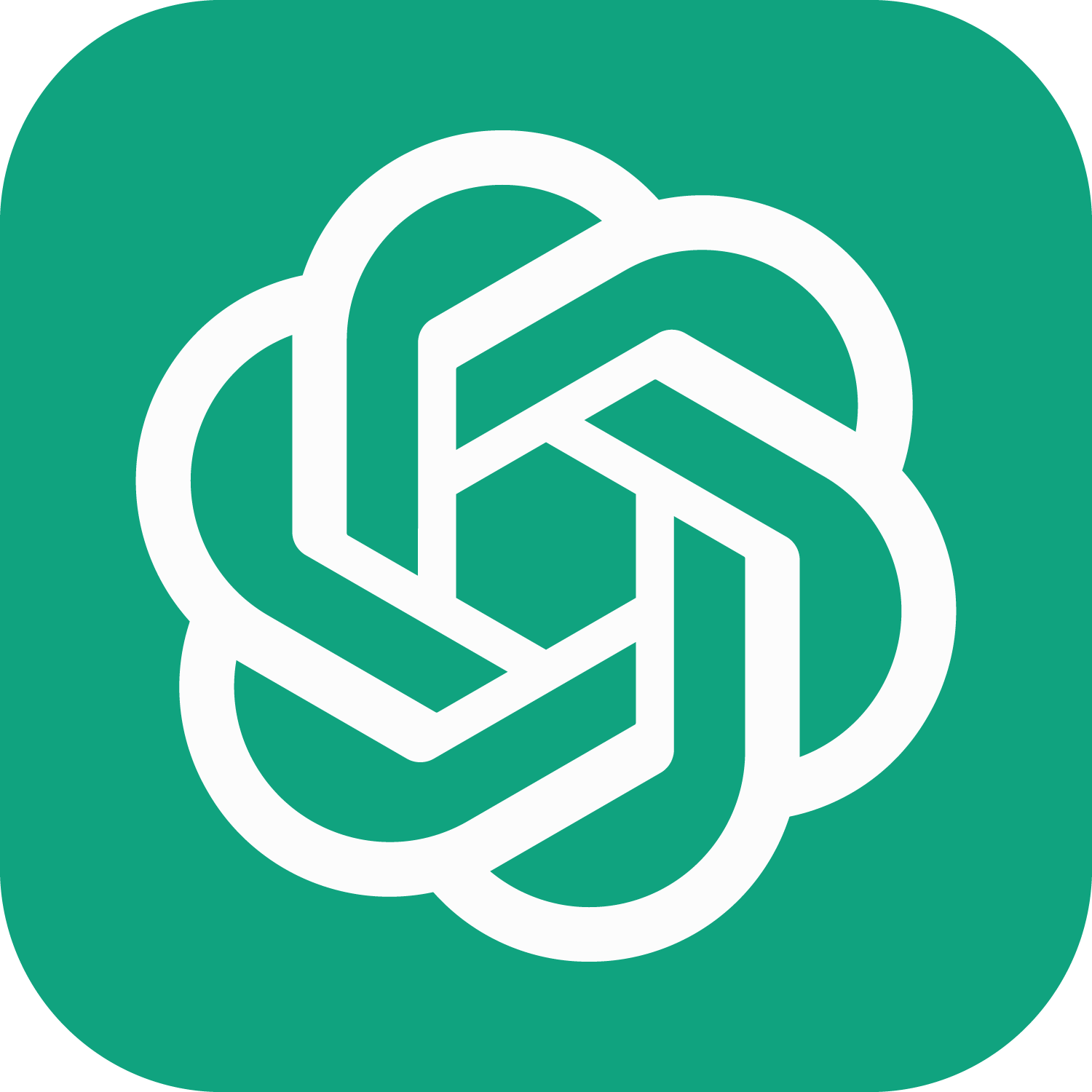There are several Python libraries and tools that are commonly used for natural language processing (NLP), including:
- NLTK (Natural Language Toolkit): A library for natural language processing, it provides a wide range of tools for text processing, such as tokenization, stemming, and tagging. It also provides interfaces to several popular corpora and lexical resources, such as WordNet and the Brown Corpus.
- spaCy: A library for advanced natural language processing, it is designed specifically for production use and provides fast and efficient performance. It includes tools for tokenization, part-of-speech tagging, named entity recognition, and more.
- gensim: A library for topic modeling, it provides tools for creating topic models, such as Latent Dirichlet Allocation (LDA) and Latent Semantic Analysis (LSA).
- TextBlob: A library for common text-processing tasks, it provides a simple API for performing tasks such as part-of-speech tagging, noun phrase extraction, sentiment analysis, and more.
- Pattern: A library for web mining, it provides tools for web scraping, natural language processing, machine learning, and network analysis.
- Stanford CoreNLP: A Java library for natural language processing, it provides tools for tokenization, part-of-speech tagging, named entity recognition, and more. The library has a python wrapper called py-corenlp.
- OpenNLP: An open-source natural language processing library, it provides tools for tokenization, part-of-speech tagging, named entity recognition, and more.
These are just a few examples of the many Python tools available for natural language processing. The best tool for a specific task will depend on the particular use case and requirements.

